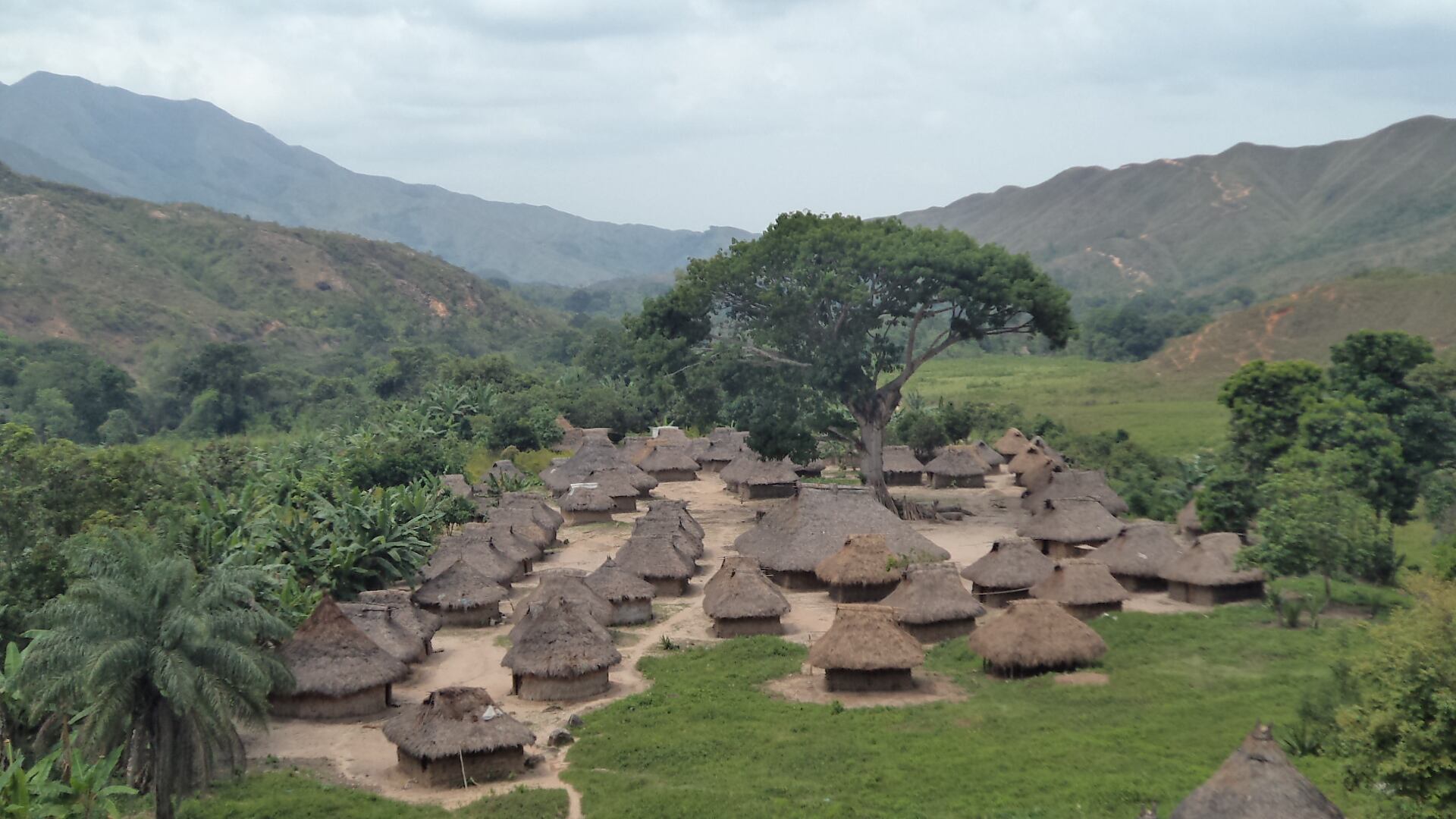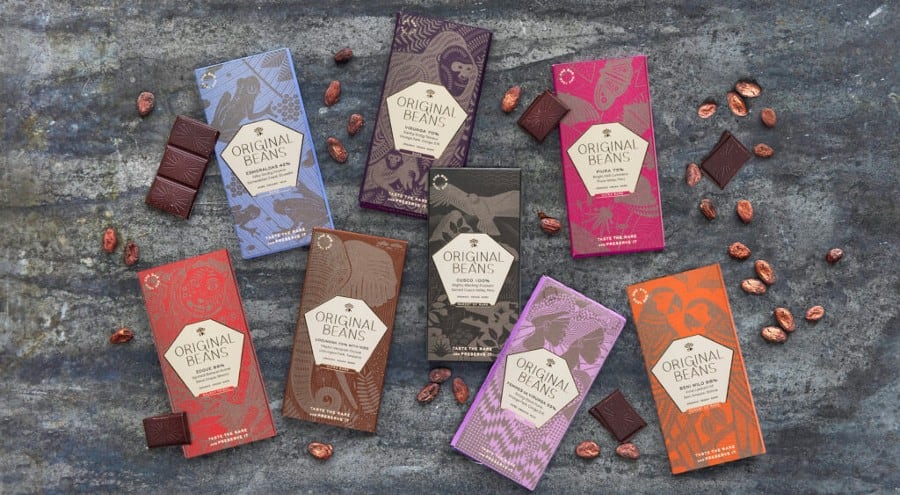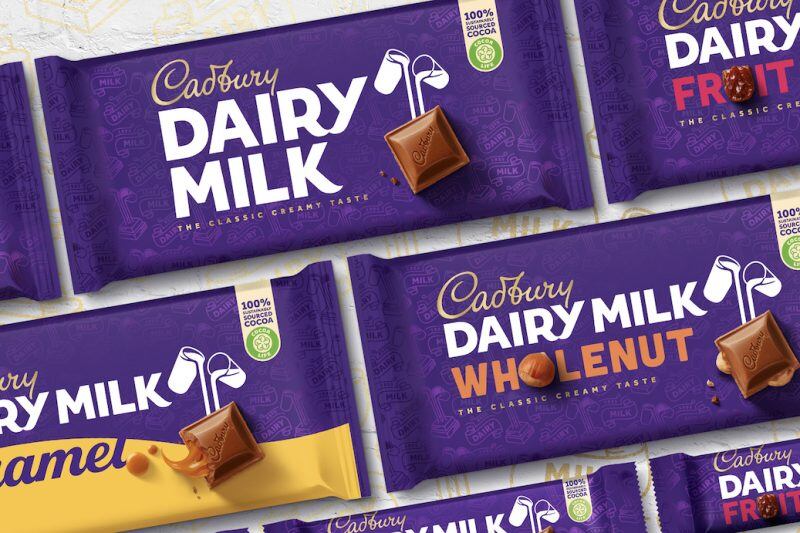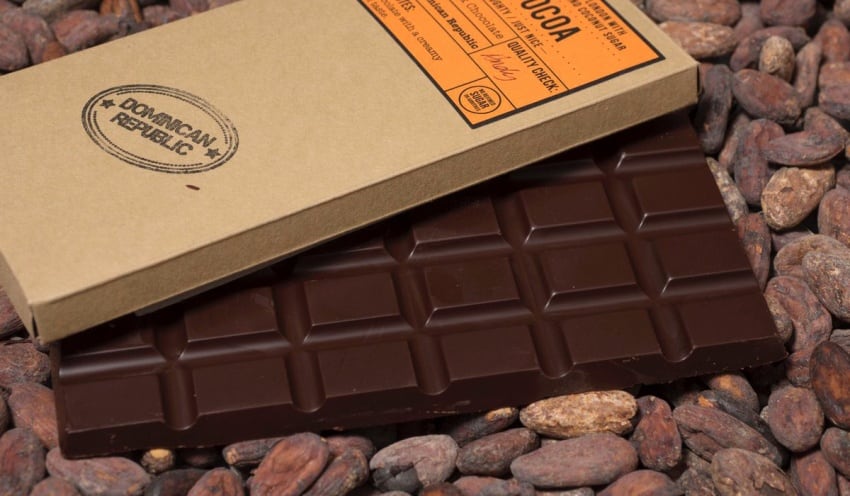Since 2008, Original Beans chocolate company has been quietly working away in remote rainforests to source the world’s rarest cacao beans and transform the cultures of chocolate, food and luxury.
Philipp Kauffmann, the founder of Original Beans, says the ‘Foodprint’ is like a carbon footprint but goes several steps further to reveal all the company has achieved over and above a CO2 drawn down, such as eliminating packaging waste through the recent launch of its couverture packaging during the pandemic.
Of course our data, if you go back into the supply chain, needs to come from the farmers, from the growers, from the fields.
In the intro to the report, Kauffmann says that like many other foods, chocolate struggles with the problems of the big industrial food complex, including a negative impact on the world’s climate, emitting some 40 million tons of CO2 each year and destroying precious rainforests.
On top of that, the cocoa sector is still struggling with extreme poverty among farmers, which leads to child labour involving a reported 1.5 million children, according to the US Department of Labor.
Original Beans chocolate focuses on a 100% regenerative future with its One Bar One Tree programme – replanting 1,657,032 cacao trees in 2021 and by preserving nature (preventing deforestation to grow quick yield produce), it protects the climate and older forests with the equivalent of 27, 908 football pitches of land protected last year alone, and 14,467 tons of CO2 drawn down.
The company also fights poverty by providing 5,272 farmers in 2021 with a viable, sustainable farming option, paying them 1.78 times the Fairtrade price.
Kauffman tells ConfectioneryNews that he has been publishing the Foodprint for a couple of years and there's always a balance between what it would like to report in relation to the data it is actually able to collect.
Kauffman says in collecting the data, Original Beans uses different methods to maintain transparency including technology along with hand-written organic certification, which is mostly paper lists compiled in the field.

“Of course our data, if you go back into the supply chain, needs to come from the farmers, from the growers, from the fields. So we report essentially on wild nature preserves. That's one domain. Climate protection is another domain. Poverty is a third domain, nurturing health, which is important for consumers, is the fourth, and the elimination of waste is the fifth.
“In those five categories we come up in each with two measures and that is just quantitatively expressed. So, if you go, for instance, to wild nature preservation then last year in 2021, our company with our customers and growers together, was able to protect those reinforced areas contracted by the communities to be preserved.”
Explorers and conservationists
When it comes to sustainability Kauffmann has some history as he represents the seventh generation in a family of recognized nature explorers and conservationists who claim to have coined the term ‘sustainability’. One of his ancestors advised as early as 1795 to preserve nature in such a way that future generations can experience her as we do today.
Kauffmann gave up his job at the United Nations in New York to grow Original Beans as a leading brand for a “world in which we regenerate what we consume”.
- Listen to the full interview in our latest CN podcast by clicking on the link above.
- Read the Original Beans Chocolate Foodprint here.




